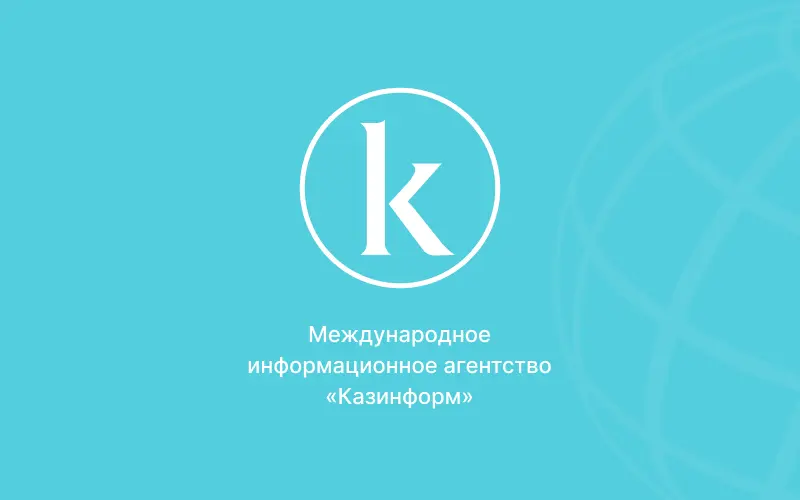Planetary conscience unites nations - poet's evening in New York

The poet's evening in one of the Manhattan halls gathered the representatives of Kazakh, Tajik, and Turkmen Diasporas, American researchers and journalists from Russia, Kazakhstan and the USA. Head of the Kazakh Cultural Center Aliya Malkeyeva greeted Olzhas Suleymenov on behalf of the Kazakh diaspora and told about the pride the Kazakhs living in America feel for the great son of Kazakh nation. She said that his poetry and social activity gives a great impulse, and inspires a lot of people.
- Do you still continue your creative activity?
- I do not write poems any more. It is for the youth to write poems. Today in an interview with NTV I recalled the evening of 80-year old poet P. Antopolsky in Moscow who read his new love poems. It was when I decided I would never write poems again - all in its own good time.
- What culture do you belong?
- I would like just to be called a poet - no matter Kazakh, Russian, English or French. The language itself is the tool of poetry. I was born from Kazakh man and woman. This is just a step in my biography, however it is no main point.
- Your creative activity had a big influence on development of Kazakh national conscience. How do you evaluate the evolution of democratic development of Kazakhstan? What do you think of the next 20 years? What opportunities do Kazakhstan and Central Asia have?
- Many countries suffered from the hardship of transition and Kazakhstan no exception. It is very difficult to transfer from Soviet socialist feudalism to democracy - the pure democracy imagined by Plato and Aristotle. Therefore some difficulties are still ahead of us. But gradually step by step we will approach to those classical standards.
- How do you estimate the relations between the United States and Kazakhstan now and in the future?
- America and Kazakhstan became partner countries twenty years ago. I remember the U.S. to have backed out Nevada-Semey movement. We made a march of peace from New York to Nevada and so many Americans took part in it. One of the posters read: «Kazakhstan stopped testing!». We walked with open palms proclaiming: "Five Continents Against of Five testing Grounds". We stopped tests in Semipalatinsk, later on Novaya Zemlya. In 1992 tests ceased in Nevada, then France and China followed the appeal.
Nowadays the appeal of Barak Obama for nuclear-free world is impressive. I know many were discontent that Obama has become Nobel Prize laureate. For the promises? But those were strong promises! They inspire with hope. American President reminds me of Mikhail Gorbachev in 1986-88. Advisers hindered Gorbachev. Therefore I hope nobody will prevent Obama from carrying through his promises.
- What do you think of the results of Nevada-Semey movement over the past twenty years?
- This year we help a conference in Almaty on the 20th anniversary of the movement and I suggested to take up the appeal of Obama backed by Medvedev on reduction of nuclear weapons. At the conference I also suggested to collect signatures of Kazakhstan's youth entitled "For Nuclear-Free World". In 1988 within a week we collected two million signatures. Now we are collecting voices of young people - students, high school students and young professionals. After the campaign is over in Kazakhstan we are going to try and do the same with our partners in Russia and other CIS countries. Later, perhaps European, Chinese, American youth will support our initiative too.
The young people are tomorrow's voters who will demand their candidates for parliament and government work in this direction. The world young movement against nuclear weapons can be a powerful force. This is what Nevada-Semey is currently engaged in.
- What can you advise to the young generation?
- Young people must actively fight for their future; participate in the political life of their country and the entire world. One of the ways is to participate in the international antinuclear movement.